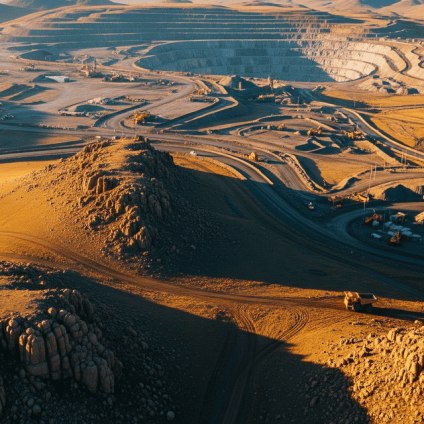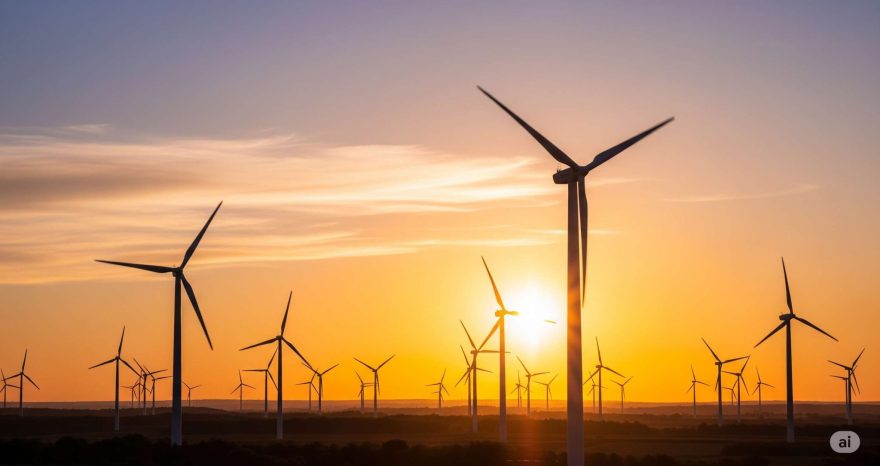Beijing appears to have confirmed a formal agreement with Washington on the export of critical minerals to the United States.

China to resume rare-earth exports to USA under new trade deal
A new trade agreement between the United States and China could mark a turning point in the supply of rare-earth elements, easing months of commercial tension. Beijing has confirmed the formal approval of a deal that will allow rare-earth mineral exports to the USA, reversing earlier restrictions that had disrupted global supply chains.
“China will review and approve applications for controlled exports,” China’s Ministry of Commerce announced on Friday, June 27, “and in return, the United States will lift several restrictive measures previously imposed on the People’s Republic of China.”
A critical breakthrough in USA–China rare-earth relations
The announcement came after USA Secretary of Commerce Howard Lutnick told Bloomberg News that the USA would remove export controls if China resumed shipments of rare-earth elements. Just a day earlier, President Trump stated from the White House that his administration had signed a trade agreement with China, though it was unclear whether rare-earths were explicitly included.
The deal appears to formalize an understanding reached earlier this month in London between USA and Chinese delegations. That agreement required the approval of both President Xi Jinping and President Trump before becoming official.
Timeline of trade tensions and talks
On April 4, China’s Ministry of Commerce imposed export controls on seven key minerals in response to tariffs imposed by the USA on Chinese goods. On May 11, officials from both countries met in Switzerland and agreed to a 90-day tariff truce, which included removing certain U.S. firms from Beijing’s blacklist, theoretically allowing rare-earth exports to resume.
Despite the agreement, conditions worsened. Several American manufacturers began halting production due to shortages of critical materials. After renewed talks in Geneva, Trump accused Beijing of ignoring the deal. China, in turn, delayed the approval of export licenses, pushing the USA back to the negotiating table.
How rare-earth restrictions hit the auto industry
On June 11, new talks were held in London, attended by Chinese and USA officials, including Treasury Secretary Scott Bessent. The outcome may now restore Chinese exports of rare-earth elements to the USA, a key development for the automotive sector, which has been heavily affected by the months-long restrictions.
Since April, hundreds of export license applications have been submitted to Chinese authorities. According to an analysis by the Center for Strategic and International Studies (CSIS), only 25% of those were approved after restrictions went into effect. This delay especially impacted European and Japanese automakers producing both electric and combustion vehicles.
The restricted rare-earth elements are essential to a wide range of automotive components, including electric motors, sensors, alternators, seat belts, cameras, power steering systems, lighting, and automatic transmissions.












